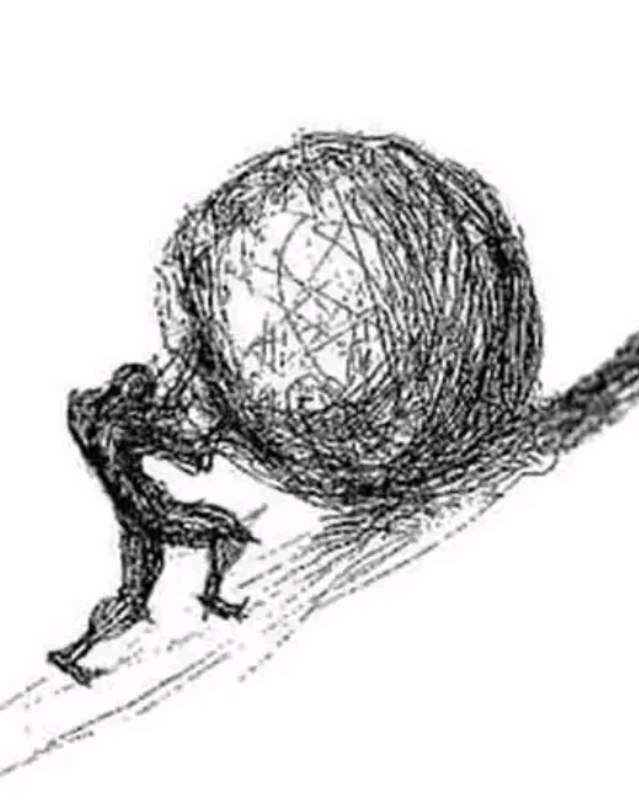Are they responsible for the conditions there?
Of course all of the other "China is imperialist" claims are bullshit but it seems like this is true and could potentially lead to valid accusations of imperialism or at least bad regulations.
What's the reason for what's going on in the Congo, I guess? What is happening on a detailed level? I can't find many resources outside of blatantly western shit.
I know what's going on and like the bad things but I'm asking why basically. Is it China?


So are you saying that because the artisinal/manual mining is falling, and if China owns most of it, then it would follow that (if they really are responsible) that they're responsible for things getting better.
Just typing it out to conceptualize, I'm pretty sure that's what you're saying and I agree then.
Yup, artisanal mining is a blight that has to be abolished, and while I'm disappointed it's taking so long there has been a lot of progress.
From here: https://mronline.org/2024/01/26/cobalt-red-how-the-blood-of-the-congo-powers-our-lives